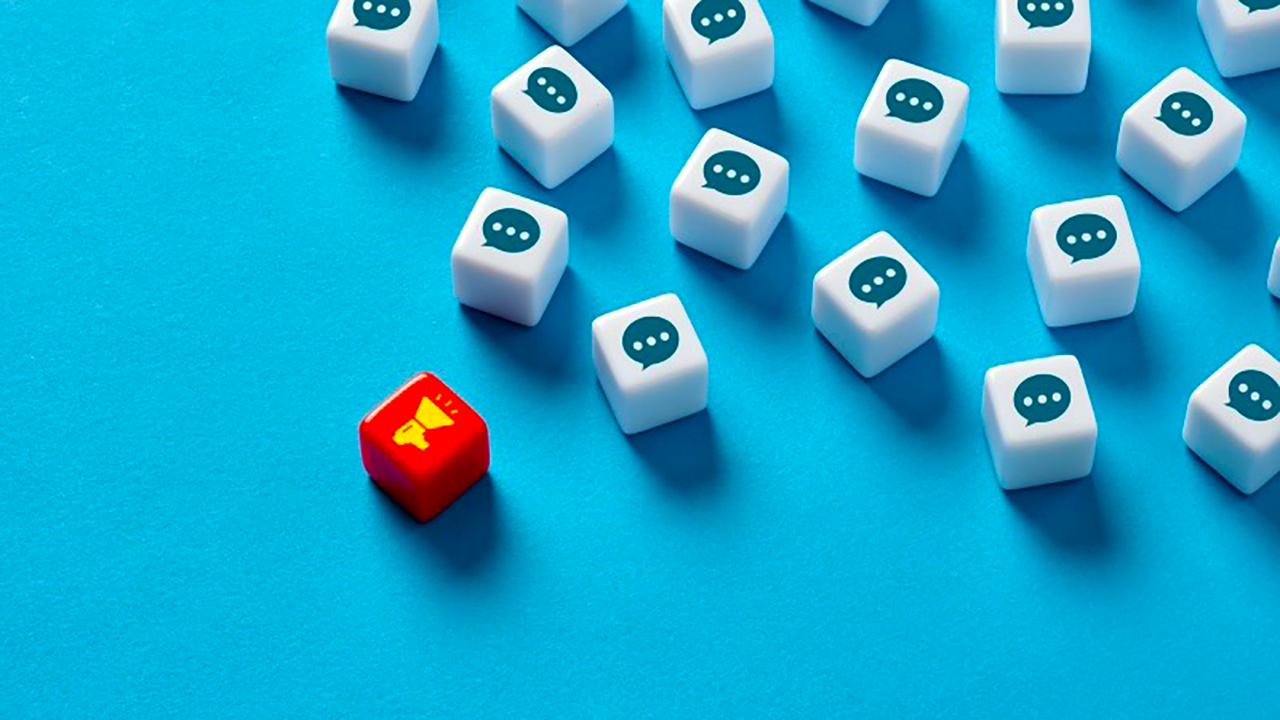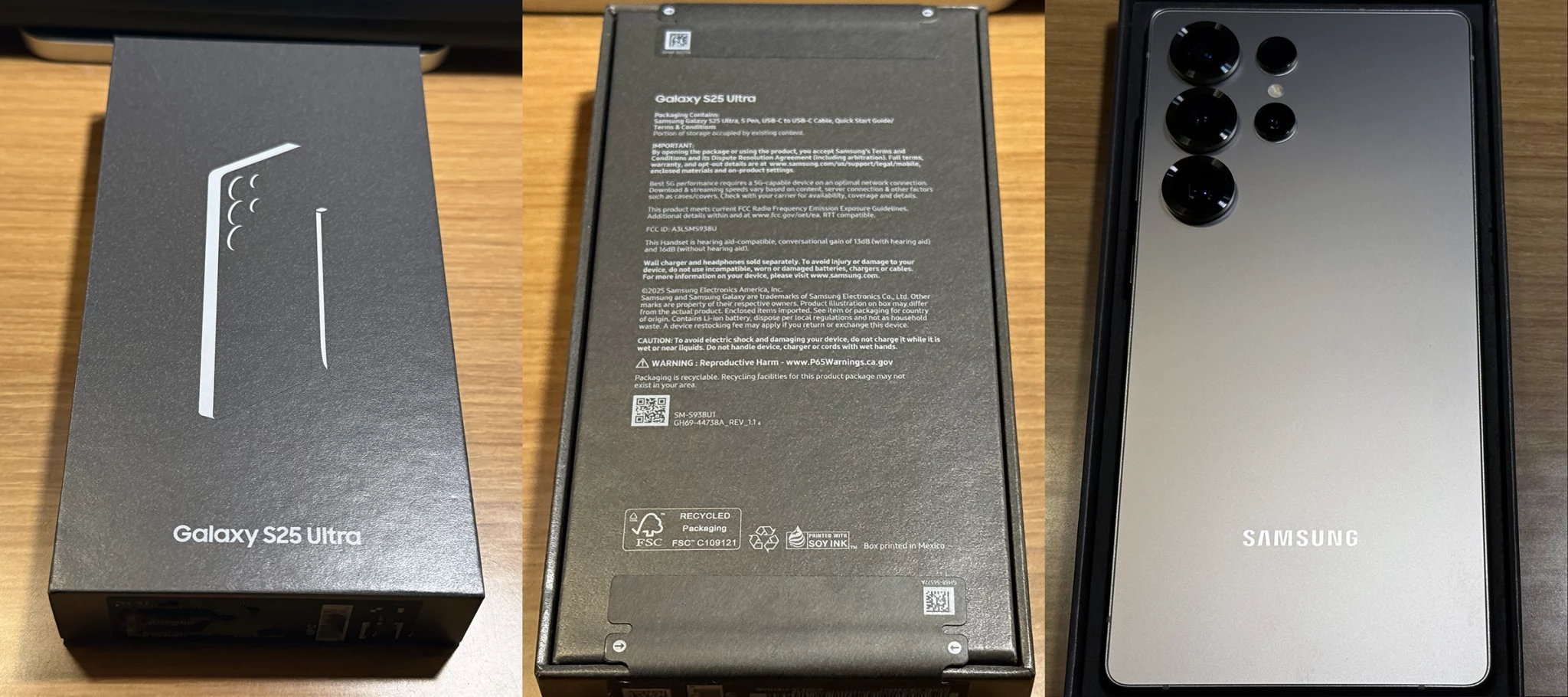Apple Pay is going to have a huge effect on actually driving these changes to happen at much faster pace especially in the US where we are one of the last countries, using these pieces of plastic with magnetic stripes. As I mentioned, Japan has been using IC smart card functionality for over a decade now in terms of contactless payment. This is mostly a proprietary debit system though where you charge up your account with funds. Other countries elsewhere have also adopted newer smart chip/PIN standards. The US has been one of the last holdouts and this is going to help accelerate those changes.
Merchants are also under the gun to be able to accept EMV chip cards by October 2015 (if they do not, they will have to bear the responsibility of fraudulent transactions from credit cards). Thus any merchant with this newer contactless payment terminal will also be able to accept Apple Pay even if they aren’t signed up (since its all dealt with on the backend).
The biggest difference between EMV and Apple Pay though is the entire tokenization process that is used. EMV encrypts credit card data but doesn’t use tokenization to where none of that credit card information, is stored on the device or even transmitted across the network. Apple Pay takes the entire security aspect to a higher level.
Once it rolls out later this month, 5 years from that point, we’re going to be looking back at how poor and insecure the current methods of card transactions as well as how that information is stored on the backend is today.
Added note: this is in total relation to mobile credit card use in transactions at brick and mortar stores. It will be a long while before cash is actually replaced (if ever). Furthermore, this does not yet address online credit card payments for e-commerce when performed via a desktop computer. Sure, online transactions via an iPhone 6/6 Plus can be tied into Apple Pay similar to how one can now checkout App Store purchases via Touch ID now but not for a desktop computer (this is where the more changes will occur though).



